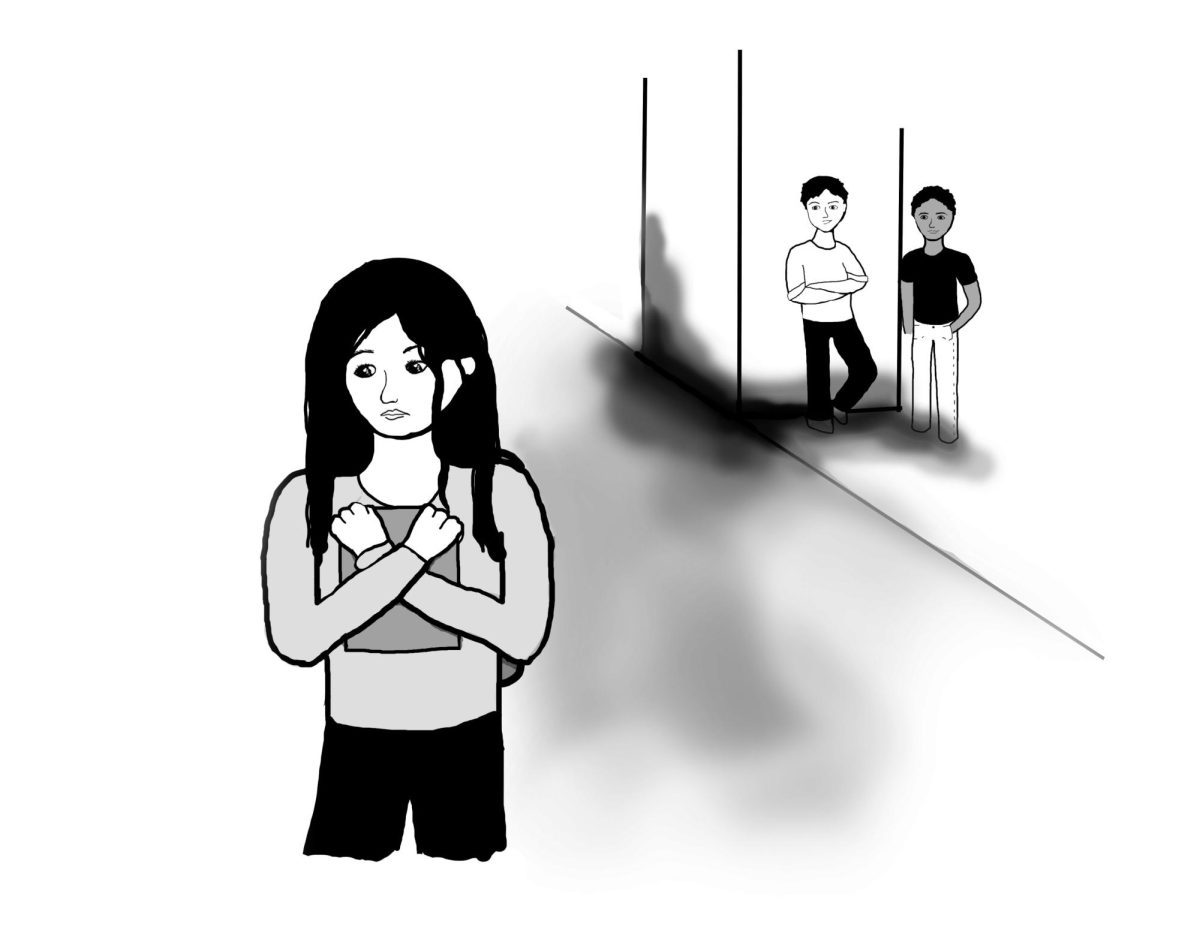Among its collegiate peers in the Pacific Northwest, Whitman College distinguishes itself as one of the very few schools that permits students, regardless of age, to consume alcoholic beverages within the confines of residence hall rooms. Unlike Pacific Lutheran University, Whitworth University, Lewis & Clark, Linfield College or Walla Walla University: institutions that strictly forbid underage students from drinking in any situation: Whitman only requires “no drinking of alcoholic beverages and no open containers of alcoholic beverages in public places on the college campus.” While Whitman does go against the mainstream stance on alcohol policy, both the student body and the administration nearly overwhelmingly assert the policy’s positive impact on student health.
Sophomore Colleen O’Bannon believes that the alcohol policy encourages students to drink responsibly without the threat of reprimand from the college.
“I think that it’s great that they recognize that students do drink and that there isn’t a huge punishment for it,” she said. “You just have to be smart and keep it in your room.”
O’Bannon also emphasized that responsible drinking nevertheless requires students to watch their behavior.
“I do think that, at the same time, people are not as responsible as they should be with their liquor intake, especially at parties where you’re not watching it as closely,” said O’Bannon.
Sophomore Brett Konen reiterated this general viewpoint.
“I think [the alcohol policy] is better because then people don’t feel pressured to drink,” she said. “People know how to be responsible here.”
From the outlook of Residence Life, the non-threatening nature of Whitman’s alcohol policy allows Resident Assistants and Resident Directors to monitor students’ health and safety without compromising a trusting relationship.
Junior Jay Richards, last year an RA in Jewett Hall and currently an RA in Douglas Hall, stressed that Whitman’s alcoholic modus operandi permits authority figures to look out for students while simultaneously maintaining a friendly atmosphere.
“What I like about the policy is that it makes my job a better job as an RA,” he said. “It’s not my job to police, and so, for me, it’s more about making sure that people are safe. I can actually be present when people are drinking and people don’t try to hide from me. It makes it a lot easier for us as RAs to observe inhibiting or dangerous behavior.”
Richards, a transfer student from the University of Portland, has a unique perspective on Whitman’s alcohol policy. Instead of Whitman’s milieu of tolerance and trust, schools like the University of Portland engender feelings of uneasiness and suspicion.
“When I went to school at Portland, people did everything that they do now; they just had to hide,” said Richards. “Instead of being able to come in whenever they wanted to, or if they were sick, come in early, get taken care of, they had to sneak in after 2:30 when Public Safety (Security) left, when they weren’t doing breathalyzers and things like that.”
Whitman, in adopting this open policy that acknowledges the fact that many college students do drink, promotes an environment in which people will talk to the administration about alcohol safety as well as seek out medical help if the need arises.
Welty Health Center: the only collegiate health center in the Pacific Northwest that operates 24 hours a day: not only looks after students with the flu and offers 45-minute massages, but also aids students who consume an excess of alcohol resulting from binge drinking.
Claudia Ness, interim director of the Health Center, affirms that the alcohol policy advances the idea of student responsibility while assuring that students stay safe.
“I believe the Whitman policy regarding alcohol correctly places the responsibility on the individual student and nurtures more responsible drinking habits,” Ness said in an e-mail. “The number of students that utilize the Health Center for alcohol related issues is a small percent of the Whitman College student body. This number has been relatively consistent over the past four years, I do not believe it is an overwhelming number or out of line with the norms of other college campuses of this size.”
“I do believe that more Whitman students come to the Health Center for care because they know it is a confidential and safe and nonjudgmental facility,” said Ness.
In spite of Whitman College going rogue in the face of a large majority of colleges and universities that bar the consumption of alcohol with no exceptions, Whitman’s policy nonetheless creates a successful model of interaction between students and the administration that ultimately puts the well-being of students first.










